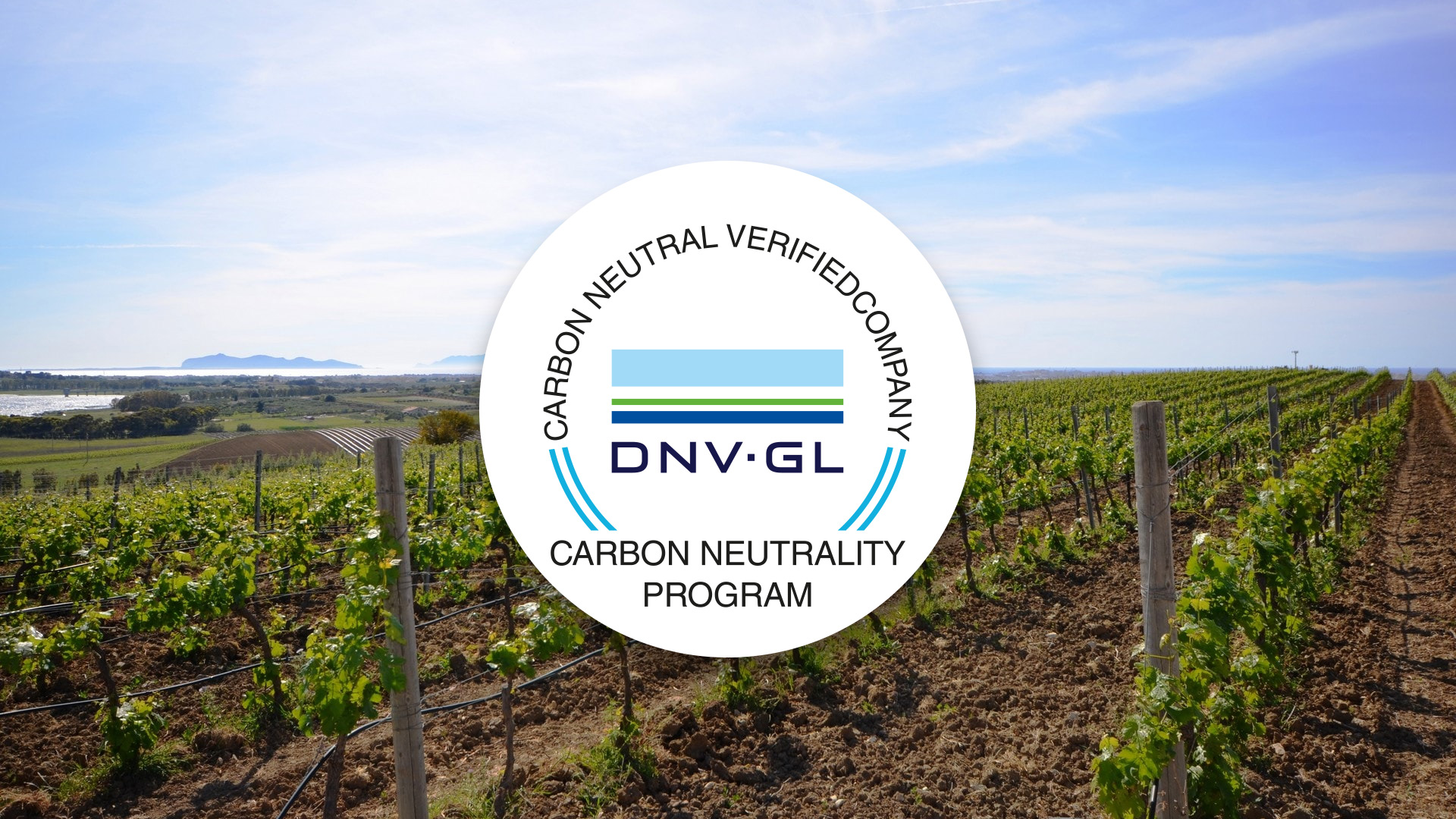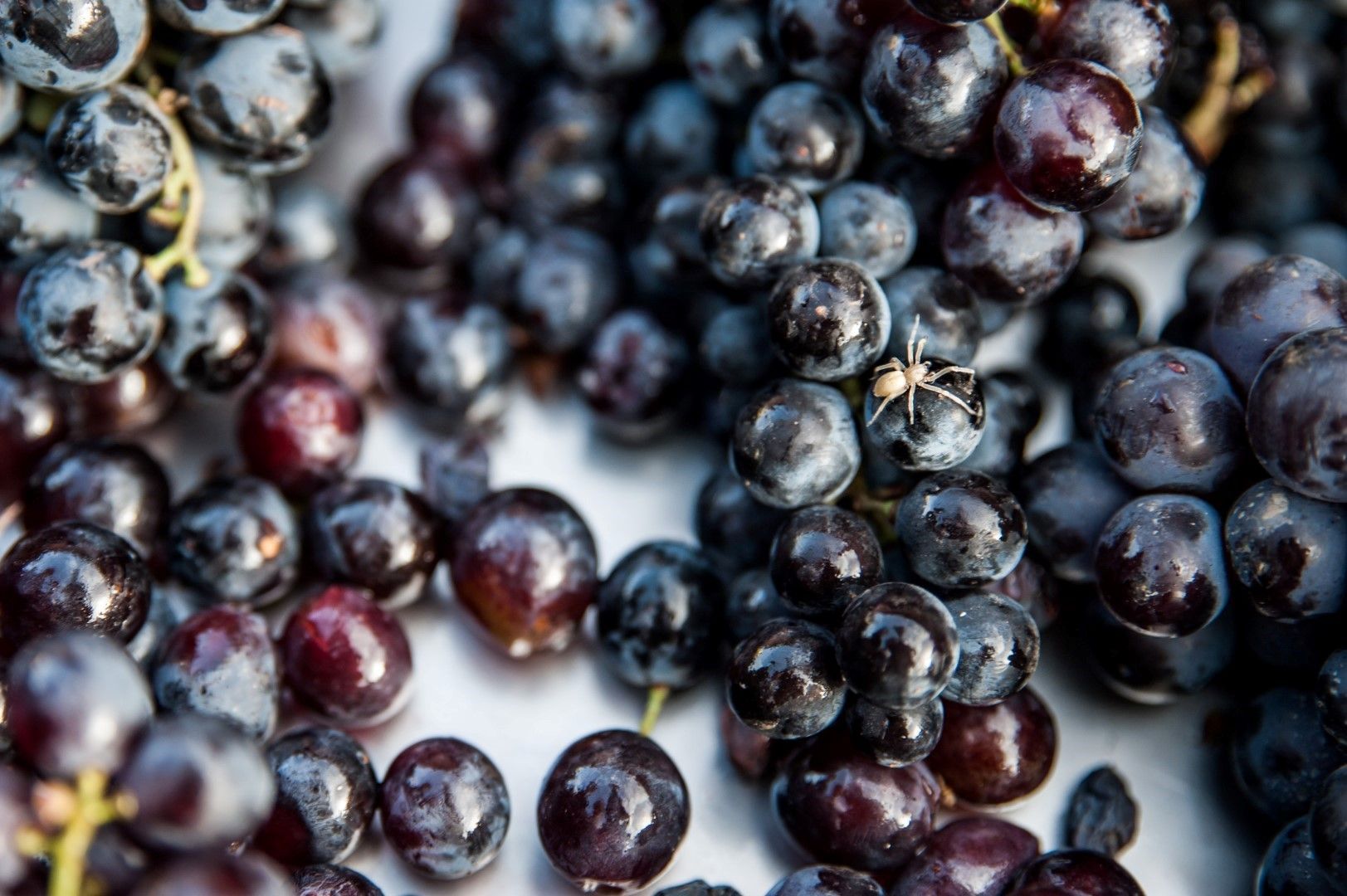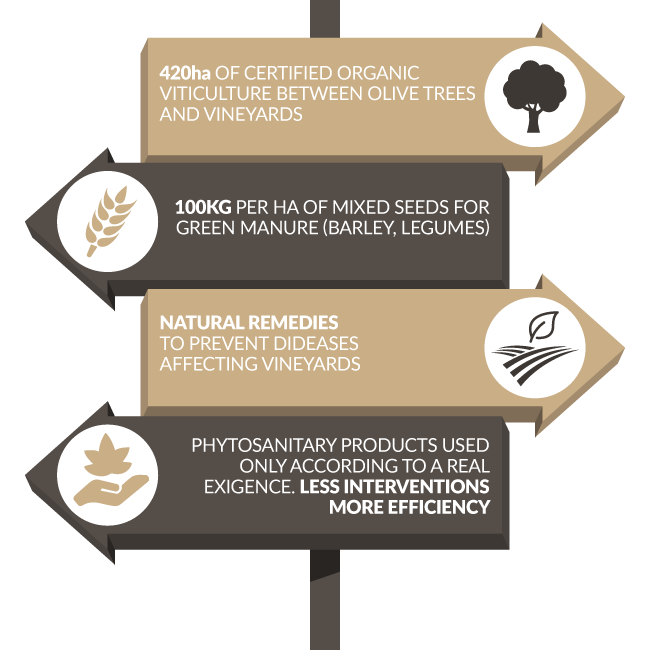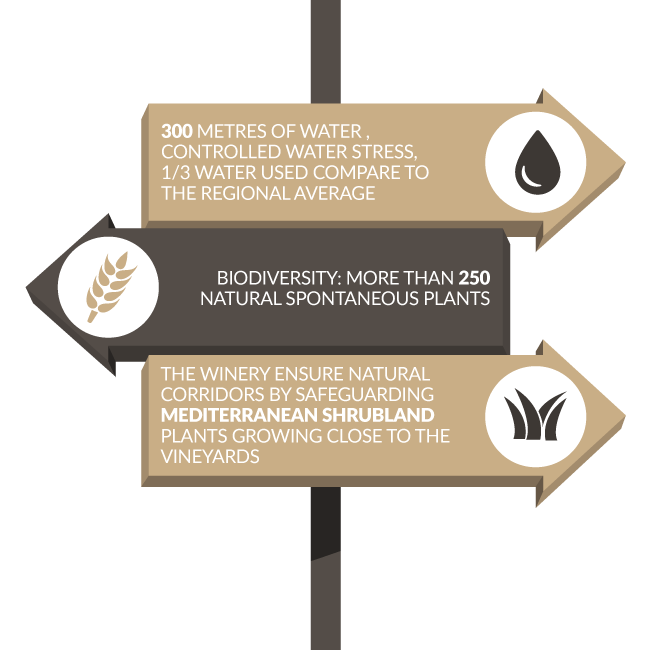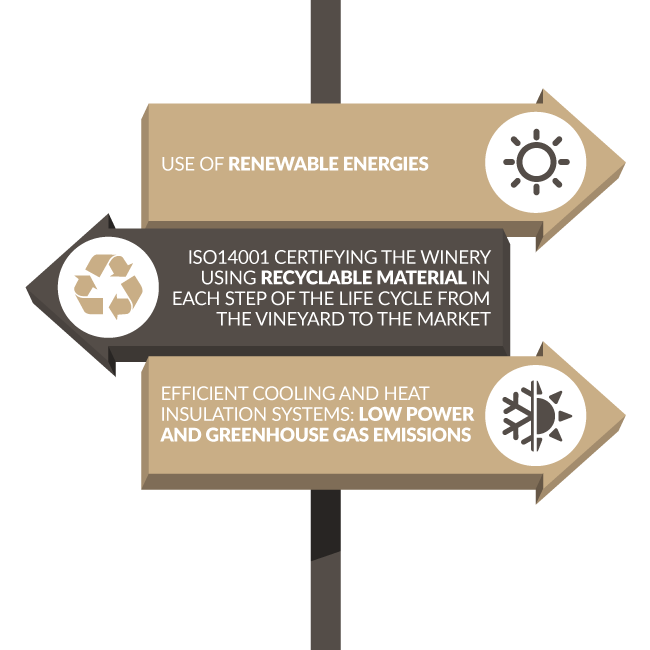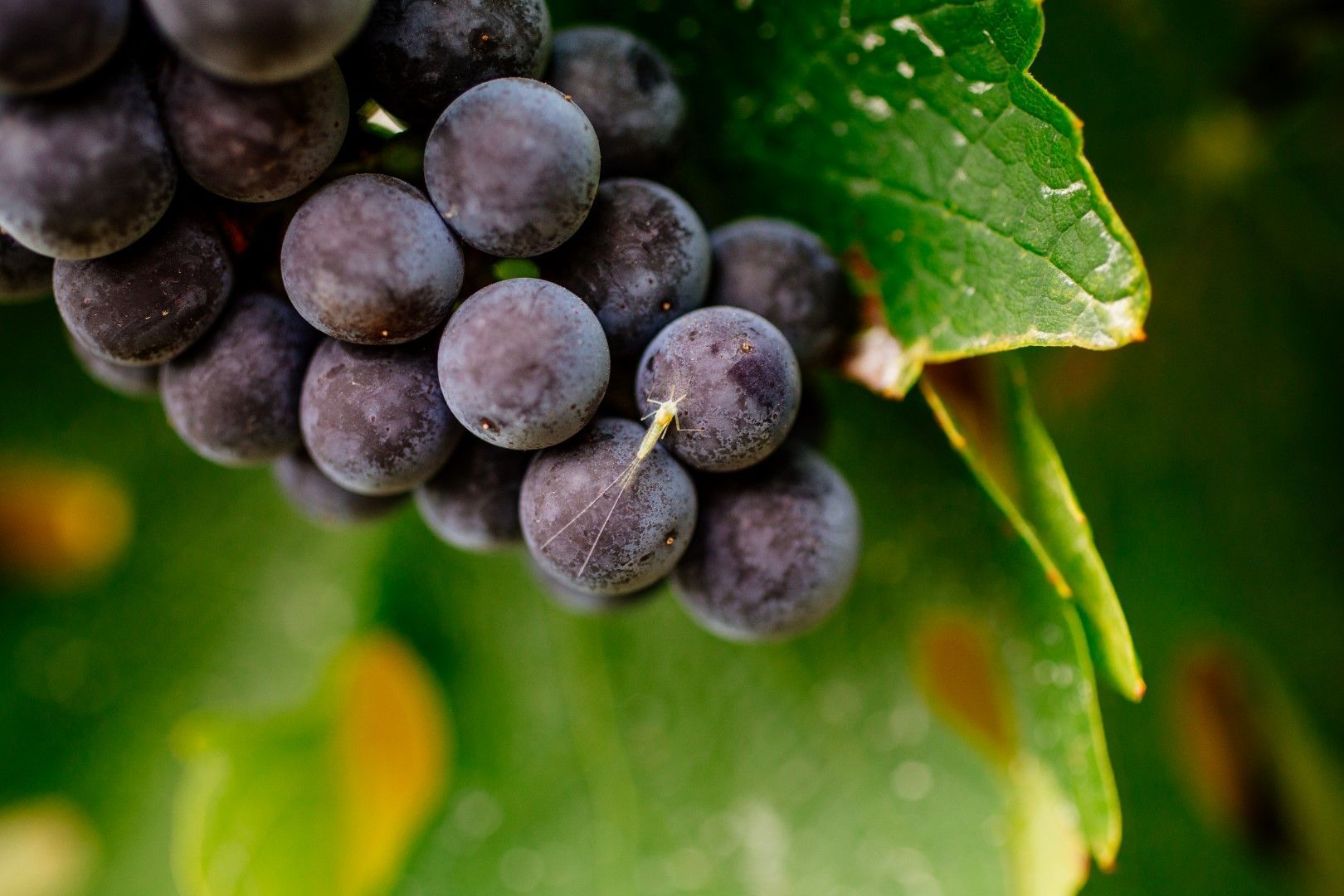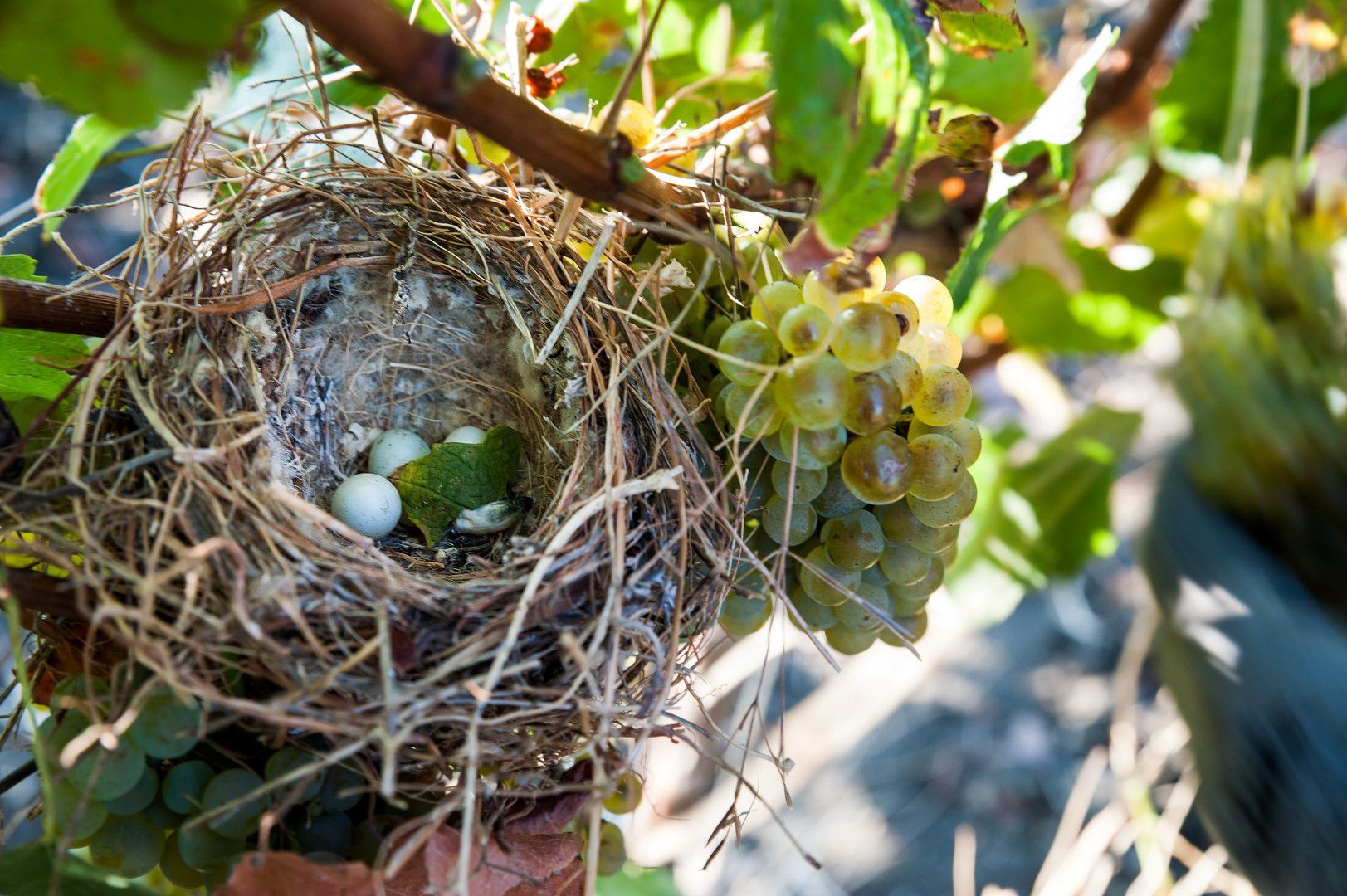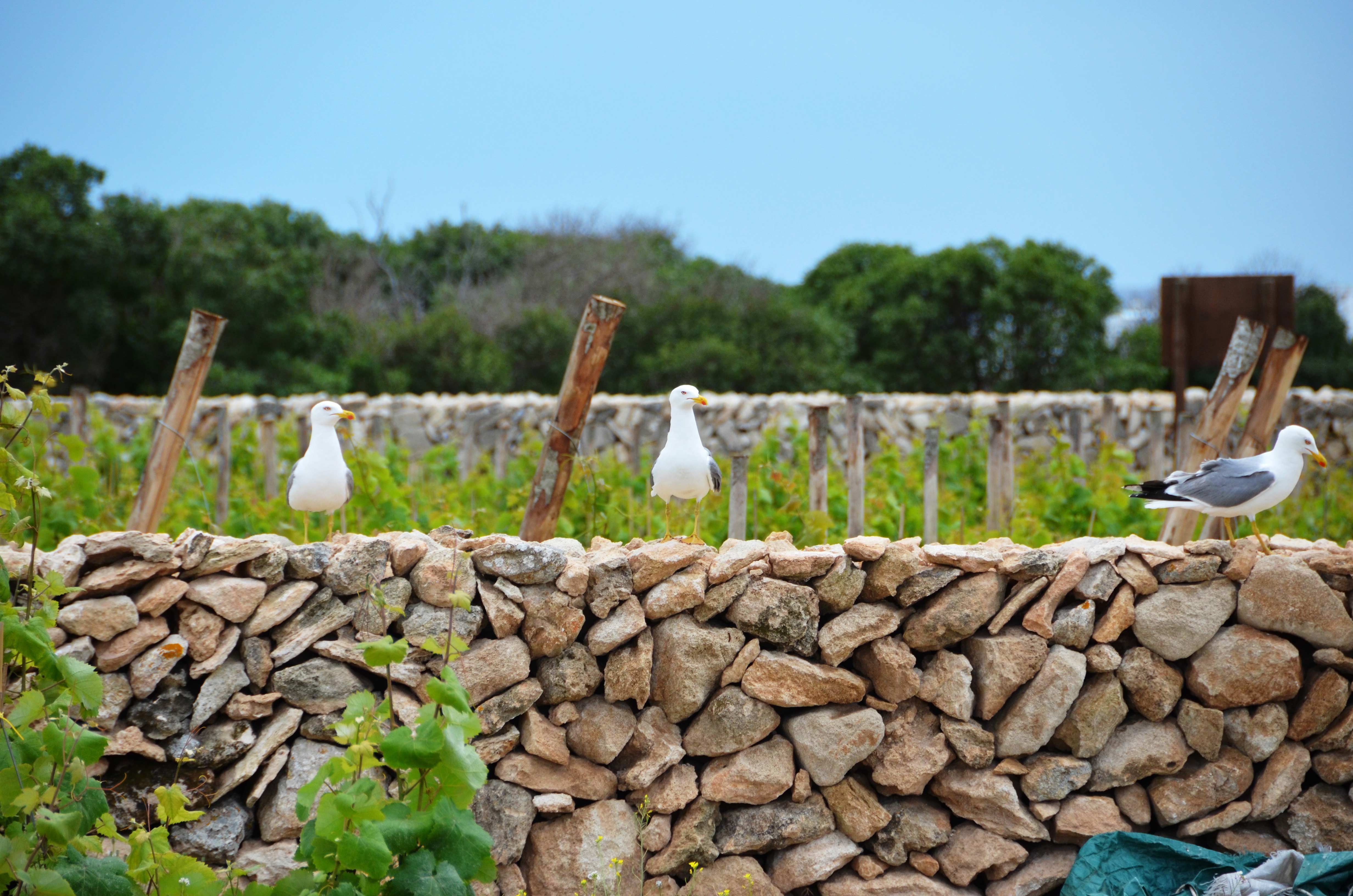SICILY’S OENOLOGICAL EXCELLENCE
KEEPS GETTING GREENER
The first certified ZERO impact winery
Firriato has always had a great sense of responsibility and ability to respond to topical issues that affect the entire global society: from global warming to climate change, from the reduction of the biosphere to the risk of thinning biodiversity. To crown the virtuous process that started from its foundation, which saw it achieve very important results in terms of environmental sustainability, as the whole BIO certified agriculture, Firriato totally neutralized its greenhouse gases footprint on the environment, becoming CARBON NEUTRAL.
Certified Organic viticulture: a certified choice
A company that has chosen to grow vines in such a distinctive natural environment as Favignana, the Aegadian Islands or Contrada Verzella on Mount Etna, cannot fail to attach great importance to environmental factors and acknowledge that the balance of these ecosystems holds a strategic value that will influence every new impulse. The natural beauty of the habitats in which all of Firriato’s agricultural holdings are set, constitutes a value of prime importance to the Di Gaetano family, to be protected and transmitted to the future generations.
Sustainability in vineyard and in the cellar
A viticulture that is so sharp in defining the distinctive and sensory properties of the grapes, must be matched with a wine-producing facility equally focused on excellence and traceability. Everything that happens in Firriato’s winery meets this unconditional principle, from the grapes reception to the labeling of the bottle ready for the market. Everything is controlled to grant to the end consumers an authentic Sicilian wine, certified and safe, that reflects the terroir as well as the excellent sensory characteristics of the grapes from which it was made.

The reduction of environmental impact
Taking into account the vineyard life cycle and the amount of the winemaking process is a step foraward to reduce the environmental impact of own activities. The compliance with sustainability principles is based on a deep knowledge of the lands where we decide to grow vine, the raltion between the plant and the ecosystem never the less the variability of climate and soil conditions within the vineyard. This last feature , known as “ precision viticulture” is linked to the choice of the training system and the management policy of the vineyard which in organic certified regime must minimize energetic input.
Bio-Architecture
If the material used for the architecture is in line with the climate conditions of the places where they have been set, it is also in compliance with aesthetic level tending to homogeneity between landscape and what has been realised thanks to the hand of the man , ensuring a significant energy-saving .
